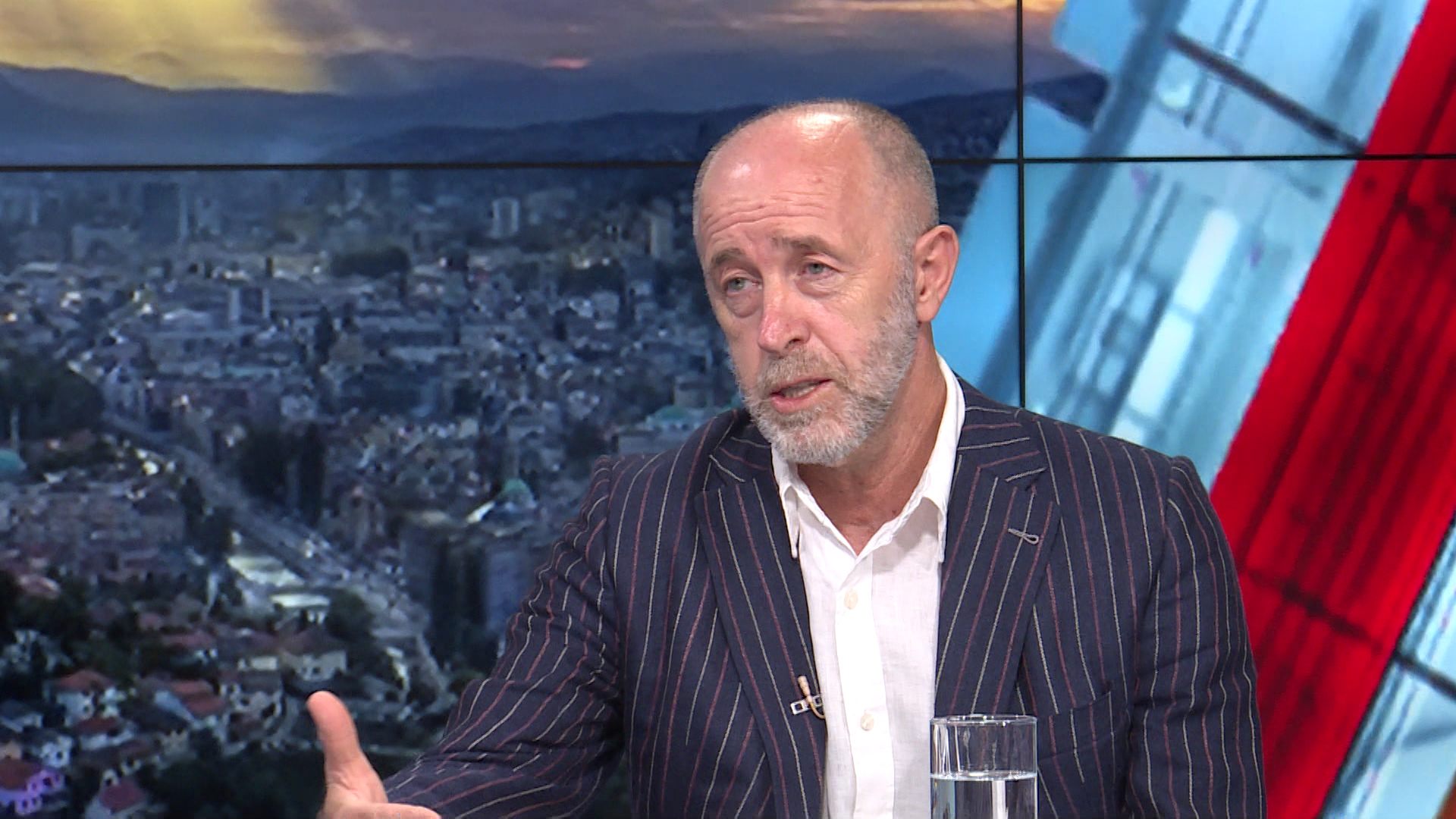
The ‘Day of Serbian Unity’ which neighbouring Serbia and Bosnia’s Serb-majority jointly began celebrating on Tuesday, is an attempt to promote national and political unity of Serbs in the region similar to the way it was done in the 1940s, but it will not produce a lot of effects, university professor Sacir Filandra told N1.
Serbia and Bosnia’s Republika Srpska (RS) entity are on Tuesday jointly celebrating the new holiday which Serbian President, Aleksandar Vucic, and the Serb member of Bosnia’s tripartite Presidency, Milorad Dodik, recently agreed to introduce.
They agreed that it will be observed on September 15, as on that day in 1918 the Salonica front (also known as the Macedonian front) was finally breached and Serbia, heavily aided by Allied forces, had finally defeated the armies of Germany, Austria-Hungary and Bulgaria.
Filandra told N1 that this new holiday demonstrates “political pragmatism which comes to Bosnia and Herzegovina from Belgrade” and that it is “certainly ineffective and will not produce any big results.”
“It is quite evident that what is on the scene today is what the programme of the Serbian Cultural Club from the period between the wars in the 1940s of the past century was regarding Serb cultural unity and national unity as a precondition for creating political unity,” Filandra said.
“In this romanticised theory of the nation, cultural unity and linguistic unity must be established first, then spiritual unity and political unity should emerge from that,” he explained.
Filandra also commented on the death of former Bosnian Serb leader and convicted war criminal Momcilo Krajisnik, who passed away due to COVID-19 on Tuesday. He said that Krajisnik’s death left him “indifferent.”
“What is important is that, unfortunately, his work, ideas, supporters and his political achievements remain,” Filandra said, calling the idea which Krajisnik advocated “a problem.”
“The history of forming nation-states in the area we live in is still not completed. Especially in the Western Balkans. Those ideas exist but they are not that predominant in the Serbian intellectual and political sphere,” he said.
Krajisnik was in 2006 sentenced to 27 years in prison for crimes against humanity, including extermination, murder, persecution, deportation, and forced transfer. He was acquitted of murder as a war crime, genocide, and complicity in genocide.
The judges of the International Criminal Tribunal for the former Yugoslavia (ICTY) found that Krajisnik was part of a joint criminal enterprise which carried out the extermination, murder, persecution and deportation of non-Serbs during the 1992 - 1995 Bosnian war.
He was acquitted of genocide or complicity in genocide because the court found no evidence of a genocidal intent on his part to destroy in full or part ethnic or religious communities. The charges of murder and extermination were dropped in 2009 and the sentence was reduced to 20 years.
The ICTY judges found that while there was evidence that crimes committed in Bosnia constituted the criminal act of genocide, they did not establish that the accused possessed genocidal intent or was part of a criminal enterprise that had such an intent.
Kakvo je tvoje mišljenje o ovome?
Učestvuj u diskusiji ili pročitaj komentare





 Srbija
Srbija
 Hrvatska
Hrvatska
 Slovenija
Slovenija







